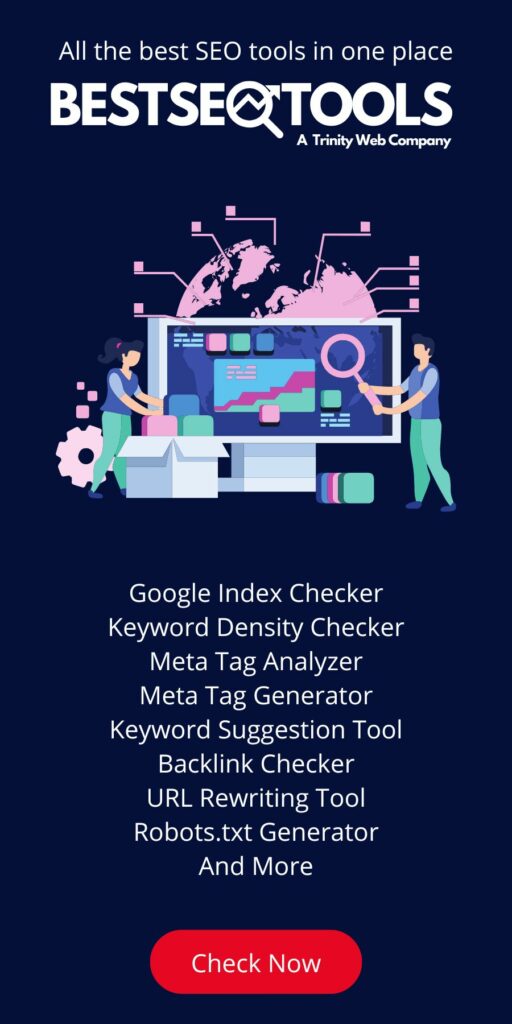Developers understand there is no one shoe fits all solution with Shopify, woocommerce and Magento. Choosing the right e-commerce platform is a critical decision for any online business. Magento, WooCommerce, and Shopify are among the top contenders in the market, each with its own strengths and weaknesses. In this article, we will compare these platforms in terms of performance, SEO-friendliness, user-friendliness, flexibility, scalability, and cost to help you make an informed choice. We will also reveal our agency’s preference and explain why we lean towards WooCommerce as our top pick.
1. Magento, WooCommerce , Shopify: A Comprehensive Comparison by developers
a. Performance
Performance is a crucial factor for e-commerce platforms, as it directly impacts user experience and conversion rates.
- Magento:
- Magento is known for its robust performance and scalability, making it a preferred choice for large enterprises with high traffic volumes.
- However, this performance comes at a cost, as Magento requires substantial server resources and optimised hosting.
- WooCommerce:
- WooCommerce, being a WordPress plugin, offers decent performance, especially for smaller to mid-sized businesses.
- Performance can be further optimised through caching and hosting choices.
- Shopify:
- Shopify is a hosted platform, ensuring consistently good performance across all plan tiers.
- It is an excellent choice for businesses concerned about performance without the need for extensive technical optimisation.
b. SEO Friendliness
An SEO-friendly platform is essential for organic visibility and online success.
- Magento:
- Magento provides extensive SEO capabilities, including SEO-friendly URLs, customisable meta tags, and sitemaps.
- However, it might require more technical expertise to set up effectively.
- WooCommerce:
- WooCommerce, being based on WordPress, offers a wealth of SEO plugins and resources. It’s highly customisable and SEO-friendly.
- With the right plugins and practices, WooCommerce can excel in SEO.
- Shopify:
- Shopify provides an SEO-friendly structure out of the box, with customisable meta tags and clean code.
- It’s user-friendly for SEO novices, making it a strong choice for those focused on search engine optimisation.
c. User Friendliness
The ease of use is crucial for both store owners and customers.
- Magento:
- Magento is known for its complexity, often requiring a professional developer’s expertise to set up and manage.
- Its learning curve can be steep for beginners.
- WooCommerce:
- WooCommerce, being a WordPress plugin, is user-friendly and offers a familiar interface for those who have used WordPress before.
- It’s relatively easy to manage and customise.
- Shopify:
- Shopify is renowned for its user-friendliness. It’s an out-of-the-box solution that requires minimal technical knowledge to set up and operate.
- This makes it ideal for small business owners and non-technical users. Not always necessary to have developers on your team for shopify adjustments or updates.
d. Flexibility and Scalability
The ability to adapt and grow is essential for any business.
- Magento:
- Magento is highly flexible and scalable, suitable for businesses with complex requirements and aggressive growth goals.
- It offers extensive customization options and a vast library of extensions.
- WooCommerce:
- WooCommerce provides a good balance of flexibility and scalability. It’s ideal for small to large businesses.
- Its integration with WordPress and the availability of numerous plugins and themes contribute to its flexibility.
- Shopify:
- Shopify is less flexible than Magento but offers sufficient scalability for most businesses.
- While it may have limitations in customisation, it provides a robust and easy-to-manage platform for rapid growth.
e. Cost
Cost considerations play a pivotal role in platform selection.
- Magento:
- Magento’s open-source version is free, but expenses arise from hosting, development, and maintenance.
- Total cost can be high, especially for large-scale businesses.
- WooCommerce:
- WooCommerce is a cost-effective solution. The plugin is free, and you have control over hosting and development expenses.
- It’s particularly attractive to budget-conscious entrepreneurs.
- Shopify:
- Shopify operates on a subscription-based model, with varying pricing plans. This cost model is predictable and includes hosting.
- While it might be more expensive than WooCommerce upfront, it simplifies cost management.
2. The Best E-Commerce Platform: Based on the Criteria
After considering the above criteria, it’s evident that each platform has its own strengths. The choice of the best platform depends on your specific business needs:
- If you prioritise performance and have the resources for a high-end solution, Magento is your go-to choice.
- For a solid balance of SEO-friendliness, user-friendliness, flexibility, scalability, and cost-effectiveness, WooCommerce stands out.
- If you’re seeking a user-friendly, quick-to-launch solution that developers can run with quickluy, without worrying about technical complexities, Shopify is an excellent pick.
3. Our Agency’s Preference: WooCommerce
As an agency specialising in e-commerce solutions, our preference leans towards WooCommerce. Here’s why:
- Cost-Effectiveness: WooCommerce is a budget-friendly choice, especially for small and medium-sized businesses. The plugin itself is free, allowing us to allocate resources to other essential areas.
- Broad Usage: WooCommerce powers over a third of all online stores, showcasing its widespread adoption. This broad user base brings robust community support and a wealth of available resources.
- Broad Extensibility: The vast library of plugins and themes available for WooCommerce provides endless possibilities for customisation. This extensibility ensures that we can tailor our solutions to meet unique client needs.
- Scalability: WooCommerce grows with businesses, making it versatile enough to cater to startups and large enterprises alike. Whether our clients aim for modest growth or ambitious expansion, WooCommerce offers the scalability required.
Conclusion: developers Compared Magento, WooCommerce And Shopify
In conclusion, Magento, WooCommerce, and Shopify are all competent e-commerce platforms, each excelling in its unique way. Your choice should align with your business goals, size, and technical expertise. For our agency, WooCommerce’s cost-effectiveness, broad usage, broad extensibility, and scalability make it our preferred solution, helping us deliver the best results to our clients.





